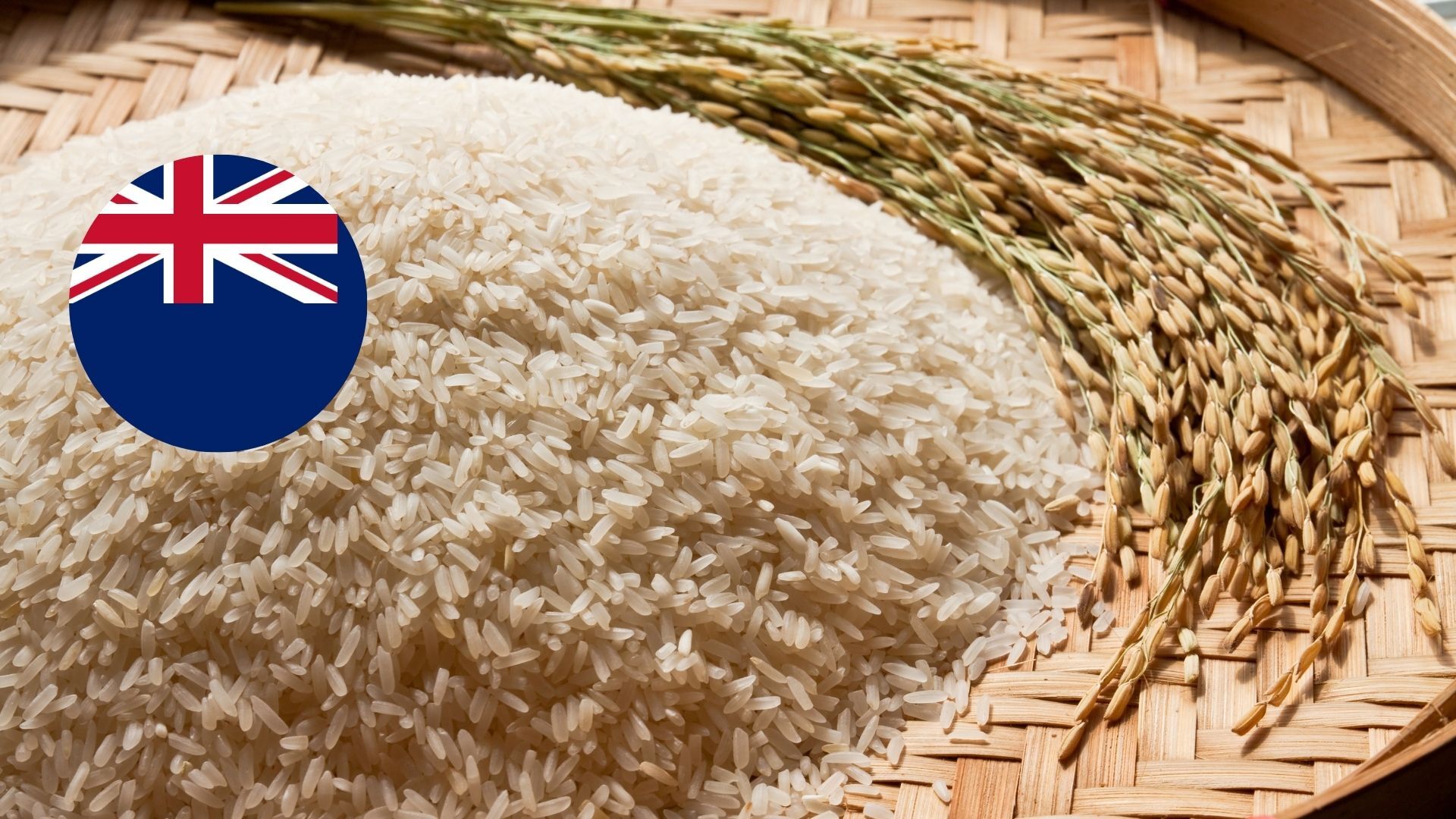Politics
New Zealand Court Rejects India’s Basmati Rice Certification Bid

A recent ruling from the New Zealand High Court has dealt a significant blow to India’s attempts to secure international protection for its basmati rice. On October 30, 2023, the court dismissed an appeal from the Agricultural and Processed Food Products Export Development Authority (APEDA), which sought to overturn a previous decision rejecting its application for a certification trademark for Indian basmati rice. This ruling highlights ongoing challenges for India in protecting its unique agricultural products on the global stage.
APEDA, responsible for implementing the Geographical Indication (GI) tag in India, submitted its application to the Intellectual Property Office of New Zealand (IPONZ) in February 2019. The agency aimed to secure certification mark protection for basmati rice, but its request faced hurdles. The Assistant Commissioner for Trademarks denied the application five years later, citing New Zealand’s Trade Marks Act, 2002, which prohibits the registration of the term ‘Basmati’ as a certification mark.
In upholding the decision of IPONZ, the New Zealand High Court noted that the Basmati Growing Area (BGA) encompasses regions in both India and Pakistan. The court reasoned that granting exclusive certification to India would unfairly impede Pakistani producers from accessing the New Zealand market. The ruling also referenced a prior decision from December 2022 by Australia’s Registrar of Trade Marks, which concluded that the word “Basmati” fails to distinguish rice certified by APEDA from genuine basmati rice produced outside India.
APEDA’s efforts to modify its application with two proposed “safeguard refinements” aimed at protecting Pakistani producers were deemed inadequate by the High Court. The court stated these adjustments did not resolve the fundamental contradictions within APEDA’s application.
India’s troubles did not end with the New Zealand ruling. The Kenyas Court of Appeal recently dismissed APEDA’s challenge against a High Court ruling from April 2017. This case revolved around APEDA’s opposition to the registration of trademarks containing the term “Basmati” by Krish Commodities, a Kenyan company that applied for the trademarks in 2009. The Kenyas Registrar of Trademarks had previously rejected APEDA’s opposition in May 2013, a decision which the High Court upheld and which the Court of Appeal reaffirmed.
The Kenyan court concluded that basmati rice lacks formal registration or recognition in the country, leaving APEDA without legal grounds to claim exclusive rights. Additionally, it found no evidence suggesting that Krish Commodities’ trademarks were misleading under Kenyan law.
These dual setbacks have raised significant concerns within the international GI community. An expert in global GI regulations expressed alarm that APEDA has not secured a single GI registration for Indian basmati rice abroad, despite the product attaining GI tag status in India in 2016. The expert called for an independent review of how these cases have been managed over the past nine years.
Chandrasekaran, the author of “Basmati Rice: The Natural History of Geographical Indication,” emphasized that India’s approach to GI must evolve, moving past a “Euro-centric definition.” He advocated for aligning GI claims with India’s civilizational context and adhering to global standards concerning “reputation and origin.”
The rulings in New Zealand and Kenya signal a challenging road ahead for India as it strives to protect the identity of basmati rice internationally. Both courts have rejected APEDA’s attempts to establish international protection under the Trade-Related Aspects of Intellectual Property Rights (TRIPS) agreement, raising critical questions about the future of India’s agricultural exports on the global market.
-

 Sports2 months ago
Sports2 months agoNetball New Zealand Stands Down Dame Noeline Taurua for Series
-

 Entertainment2 months ago
Entertainment2 months agoTributes Pour In for Lachlan Rofe, Reality Star, Dead at 47
-

 Entertainment1 month ago
Entertainment1 month agoNew ‘Maverick’ Chaser Joins Beat the Chasers Season Finale
-

 Sports2 weeks ago
Sports2 weeks agoEli Katoa Rushed to Hospital After Sideline Incident During Match
-

 Sports2 months ago
Sports2 months agoSilver Ferns Legend Laura Langman Criticizes Team’s Attitude
-

 Politics1 month ago
Politics1 month agoNetball NZ Calls for Respect Amid Dame Taurua’s Standoff
-

 Sports1 week ago
Sports1 week agoJamie Melham Triumphs Over Husband Ben in Melbourne Cup Victory
-

 Entertainment3 months ago
Entertainment3 months agoKhloe Kardashian Embraces Innovative Stem Cell Therapy in Mexico
-

 World3 months ago
World3 months agoPolice Arrest Multiple Individuals During Funeral for Zain Taikato-Fox
-

 Sports3 months ago
Sports3 months agoGaël Monfils Set to Defend ASB Classic Title in January 2026
-

 Entertainment2 months ago
Entertainment2 months agoTyson Fury’s Daughter Venezuela Gets Engaged at Birthday Bash
-

 Sports2 months ago
Sports2 months agoHeather McMahan Steps Down as Ryder Cup Host After Controversy




















